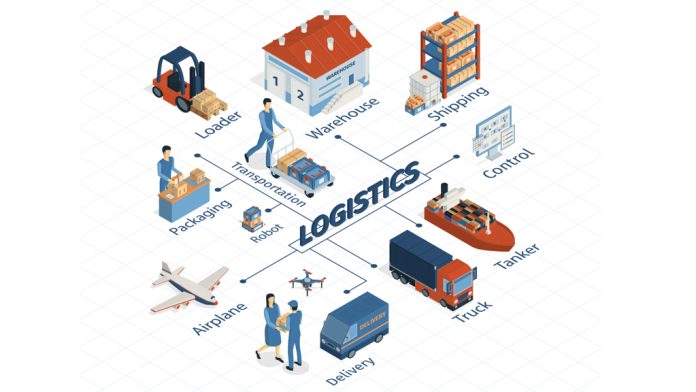LAHORE, OCT 26 (DNA) — Ministry of Commerce, govt of Pakistan organized a two day workshop to overcome challenges in E-Commerce Logistics, to improve efficiency, cross-border e-commerce exports and system automation.
The workshop was held in collaboration with USAID Pakistan Regional Economic Integration Activity, which was attended by more than 65 key stakeholders.
The purpose of the workshop was to solicit recommendations from stakeholders to overcome challenges in E-Commerce Logistics and to develop an implementation action plan that specifies measures needed to improve logistical efficiency in last mile delivery, cross-border e-commerce exports and system automation.
The workshop coalesced stakeholders from public and private sector organizations including Ministry of Commerce, State Bank of Pakistan, Revenue Authorities, Pakistan Single Window, Pakistan Post and Pakistan Customs.
Private sector participation included representation from online marketplaces, e-commerce merchants, logistics companies, commercial banks, women entrepreneurs and Chambers of Commerce and Industries.
Ms. Aaisha Makhdum, Executive Director General, Ministry of Commerce in her inaugural address welcomed the workshop participants and apprised that despite being a nascent sector, e-commerce growth in Pakistan has been promising.
She emphasized on importance of public private collaboration to achieve e-commerce policy objectives. She also apprised the participants of the Government’s initiative to facilitate B2C e-commerce exports through the SRO 14 that enables SMEs to export varied goods in small quantities.
Mr. Muhammad Suleyman Khan, Director General (Services), Ministry of Commerce presented findings of survey conducted earlier this year by the Ministry to solicit key challenges in domestic and cross-border e-commerce logistics.
The survey respondents included e-commerce sellers, online marketplaces and logistics companies. He apprised that the survey respondents listed unavailability of last mile delivery in rural areas, cash on delivery being preferred mode of payment, high rate of returns, high international shipping costs and long delivery times, and access to warehousing and fulfilment services in destination countries as some of the key challenges.
He further apprised the participants of the objectives of the workshop that included development of an implementation action plan for e-commerce logistics that shall provide direction for regulatory reforms and other initiatives, identification of data collection points for mapping of e-commerce transactions and establishment of e-commerce logistics benchmarks.
Participants from the public and private sectors provided their valuable feedback to the Ministry to improve efficiency in domestic and cross-border e-commerce logistics. Furthermore, the participants appreciated the initiative of the Ministry to organize this workshop. =DNA

















